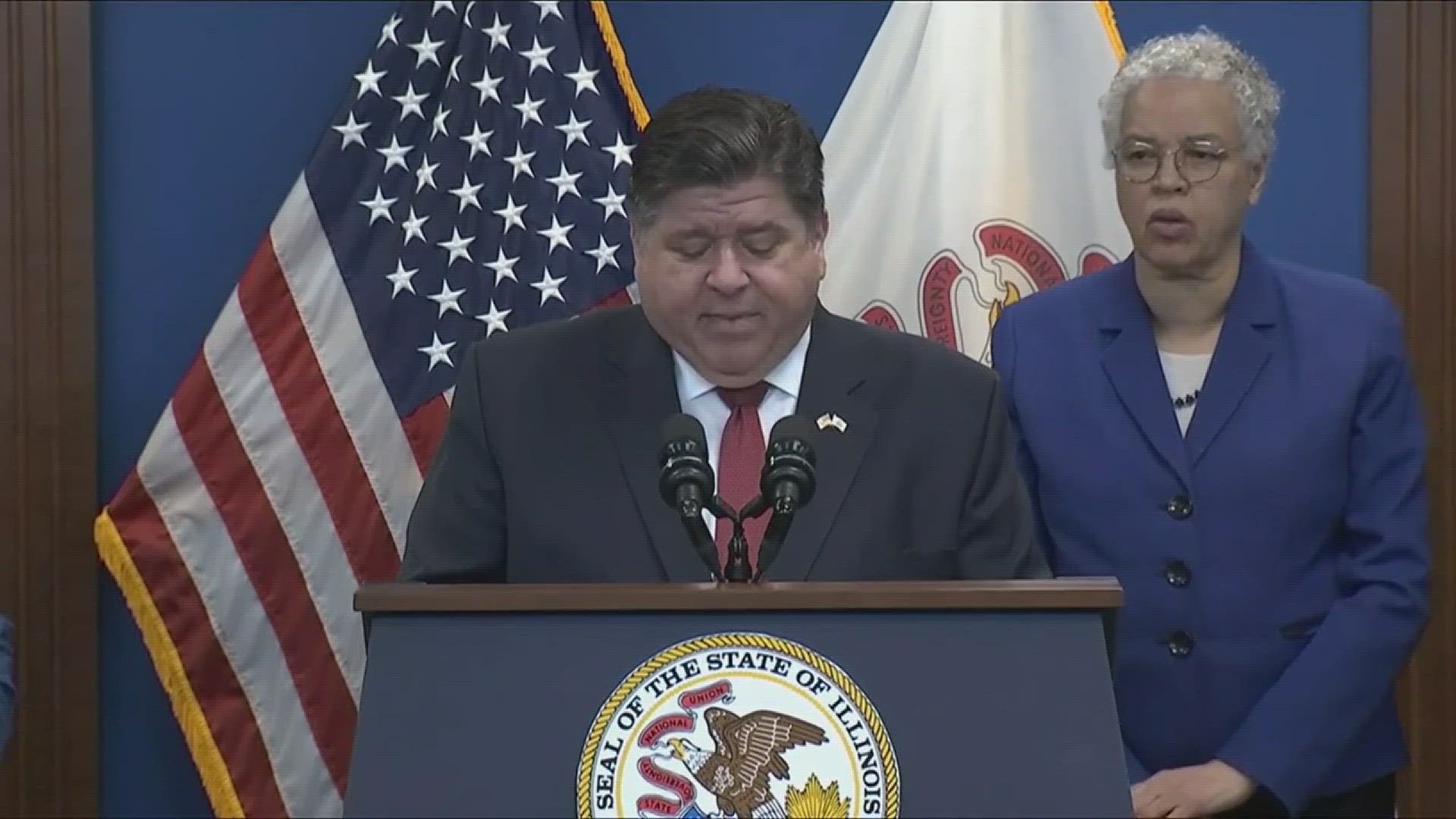SPRINGFIELD (Illinois News Network) — Races up and down the state will determine who will be in the Illinois statehouse and could shape how the state addresses its massive pension debt.
Illinois’ unfunded public pension liability is at least $130 billion. Add in other post employment benefits and that debt eclipses $200 billion. The state’s pension costs have continued to climb, crowding out spending in other areas. Some candidates running in the contested General Assembly races in the suburbs of Chicago are looking at ways to tackle the issue.
In the 19th Illinois House District, incumbent Democratic state Rep. Robert Martwick said Illinois needs to frontload the pension payments.
“Of course you need money to do that,” Martwick said. “Everyone, everyone agrees that the best way to pay off the pension debt is to get as much money in as possible, but you have to raise the revenue to do it.”
Martwick is pushing a progressive income tax he said will increase taxes on the wealthy. A bill he filed that stalled this year increased the existing flat tax rate of 4.95 percent on those making $7,500 to 5.84 percent. The rates went higher from there up to 7.65 percent for income above $225,000.
Illinois voters would have to change the constitution to allow for a progressive income tax before that could happen.
Martwick’s Republican challenger, Ammie Kessem, said Martwick’s plan will increase taxes on everyone. She wants to get rid of pensions for future state employees.
“On a go forward basis, new hires being put into a 401(k) style plan,” Kessem said. “It’s portable, it’s inheritable, and it’s just better all the way around for everyone involved.”
Kessem, a police sergeant who’s been on the force for 20 years, said she’s open to the conversation of changing the state constitution’s pension protection clause, but wants to instead focus on cutting what she said was the state’s out-of-control spending to pay what’s been promised to pensioners.
The Republican running in the 49th Illinois House District, Tonia Khouri, hopes to replace outgoing state Rep. Mike Fortner, R-West Chicago. She said the buyout option the state passed as part of this year’s budget is a start, but local and state pensions in Illinois need to consolidate their administrative functions to save money.
Khouri also wants to amend the constitution to not take away already-earned benefits, but to change the 3 percent compounded annual accrual. She said pensioners know the current path is unsustainable.
“Everybody sees the writing on the wall,” Khouri said. “Their pensions are not going to be there 20 years from now, so we definitely have to do something about the future accruals.”
Messages seeking comment from the Democrat in 49th House District race, Karina Villa, were not returned. Her website does not mention the pension issue or how she would address it.
In House District 65, Republican Doug Ugaste said the pension debt must be addressed as soon as possible. He said there needs to be 401(k) plans for all brand new employees, and then some.
“We need to probably amend the constitution,” Ugaste said. “I don’t want to take anything from anyone that they’ve already earned, but we need to make some changes so that we can rein in these costs.”
Illinois spends nearly a quarter of every dollar it brings in on pensions.
Ugaste, who is running to replace Republican state Rep. Steven Andersson, suggested similar changes proposed by Khouri to address the compounding interest that pensioners are guaranteed under the constitutional clause that bars diminishment of benefits.
The Democrat running for the 65th House District, Richard Johnson, didn’t return messages seeking comment. His website doesn’t address the pension issue.
In state Senate District 32, state Sen. Craig Wilcox, who was appointed to the seat to replace Republican Pamela Althoff who retired this month, said as a McHenry County Board member, he’s worked to get control of the pension issue on a local level. He said there needs to be continued negotiations on unearned benefits.
“We just have to continue to test what we can work on under a bipartisan avenue and succeed in a court challenge,” Wilcox said.
Mary Mahady, the Democratic opponent in the 32nd district, didn’t return messages seeking comment. She told the Northwest Herald in a candidate questionnaire the state needs more new money.
“I believe that, as we develop new revenue sources (i.e. legalization of marijuana; internet sales tax),” she wrote. “We need to designate a specific percentage of that revenue to paying down that shortfall. This would be in addition to what we are currently obligated to put toward it, not in replace of and pay it off in a shorter time. Any conversations regarding a change in the pension structure should include all stakeholders.”
Whomever is elected in November will get their chance to tackle the $130 billion pension question and whether the debate is about cutting spending to address pensions and changing the constitution to remove the diminishment clause, or if it’s about increasing the state’s revenue through various taxes.
The winners of next month’s election will take the oath of office in January.



